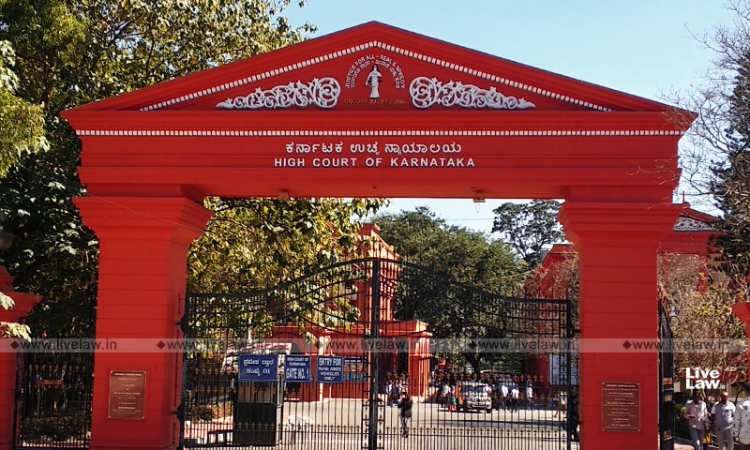The Karnataka High Court has directed the State government to come out with a 'better scheme' for rehabilitation of those evicted persons from Kariyammana Agrahara, Devarabeesanahalli, Kundalahalli and Bellandur areas in Bengaluru, on the pretext that they were illegal Bangladeshi immigrants. A division bench of Chief Justice Abhay Oka and Justice Ashok S Kinagi said :"On the face of...

